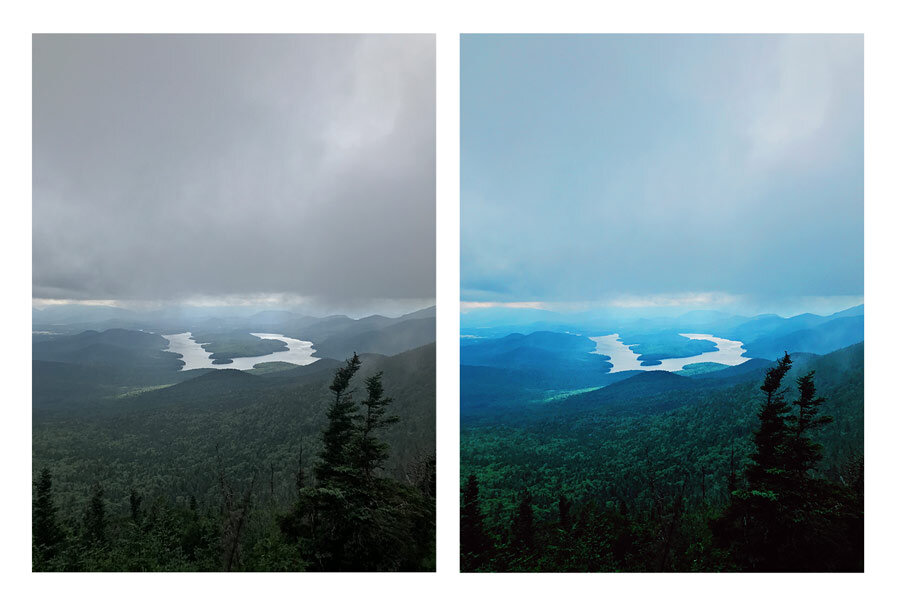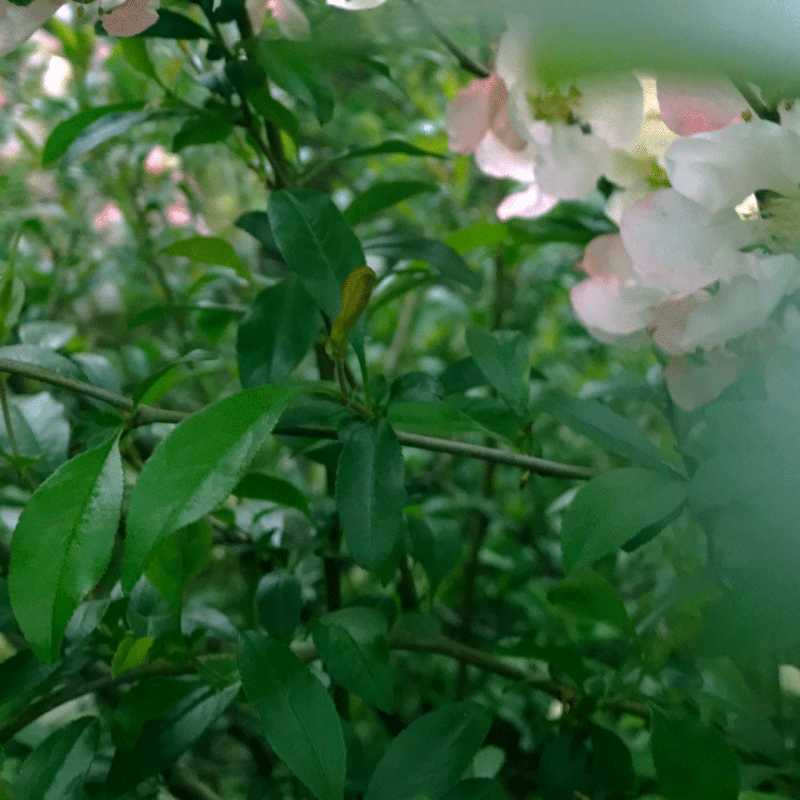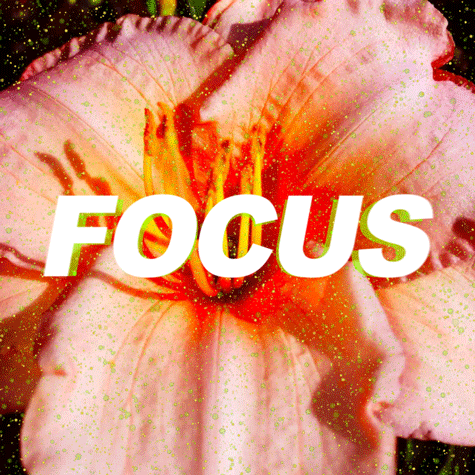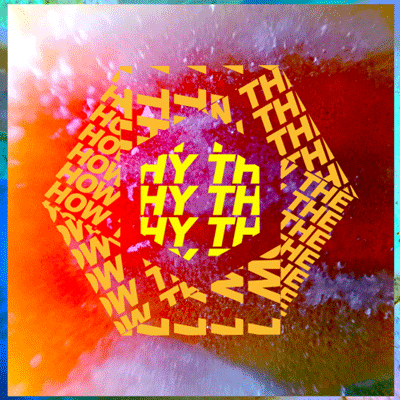The Power of Edits – How to Hone Your Skills and Stop “Saving Your Butt”
EDITING is a skill that we all possess.
We use this ability in all aspects of life, not only in art, music, and design — but also in conversation, the way we dress, when we drive, buy groceries, make trades, formulate skincare products, code and countless other instances.
When we understand EDITING, we hone part of our super power and access a strong energetic dormant potential.
In this piece we will discuss how to optimize our EDITING approach, and why it is more challenging to change a habit that is 100 years old — versus 10 days new. — — —
We use the words “generate”, “generator” and “generation” interchangable with the words “create”, “creator” and “creation”
We Are Seeking
Balance
The main target of editing is to achieve utmost balance. If you do not know how to go about this, I recommend learning the necessary skills before executing a hard-core irreversible modification. Because, the more solidified an outcome is, the more energy the edit will require.
A great edit needs to answer 3 questions:
Where do you perceive balance to be located? (This is subjective.)
Why do you want to execute the edit? (This is also subjective.)
How do you want to approach the modification?(What technique or thought process do you want to you use to bring about the change?)
If we alter too much, we manipulate the original away from its core essence — comparable to setting the contrast too intensely when editing photography or driving the compressor too hard when mixing music. On the other hand, if we edit too little, our time and efforts may not pay off at all. The reason for this is that the energetic difference is too insignificant to produce an actual change. Remember, we do not seek to generate a completely new equation; we merely want to update the frequency of the current render by generating the equation into its best version.
Throughout this piece I will show you some back-to-back images that I have shot — non-edited and edited. I consciously used the process of editing when I captured them, when I selected which ones to upload, and when I tuned the color and levels to my liking. Think of this as the “before” and “after” photos when people sell fitness products.
Why Editing
Is Critical to
the
Generative
Process
Editing is commonly used after the stages of idea conception and initial physical formation; when a certain level of energy is already up and running in the atoms and molecules that make up our generation.
The most efficient ways to make our modifications are is by actively edit as we go, little by little throughout the entire process — not by inserting one massive edit at the very end. We should only resort to these grand edits when we:
Miscalculated an equation,
Couldn't stay on track throughout large parts of the process, or
Did not comprehend the initial frequency of what we actually wanted to form.
The majority of our edits are very personal; a gut feeling of “just right”. At a certain level, our edits become acknowledged as masterful. This is when our outcomes are classified as well-executed by our culture.
Our entire reality runs on equations, therefor it is important to verify the accuracy of each one. If you succeed in confirming an equation, it is not only powerful for you — it is also culturally impactful for the larger whole. These kinds of authentications aides us to focus less on basic verifications, freeing up time to develop more complex renders. Here is a brief example: Using an electric stove can be more efficient than igniting a fire by hand every time we want to cook a meal. But we had to first verify the equation “make a fire” to be able to download the equation “cook food on a mechanical stove”.
How we approach our modifications directly impacts the success of our results. By honing more accurate editing skills, we can produce more elevated experiences. This is because our results and outcomes will then hold a higher vibrational capacity and more energy.
There Are
at Least Two
Stages when
Forming
Let’s construct a metaphor for the forming process via a visualization exercise. In front of us, we have a 5” clay cube that we want to generate into a 1” high container with 4 sides.
The first round’s execution is usually a bit rough, raw, and clumsy. All that matters is to get the container into its kind-of form. In the second stage, we detail this rough sketch — itemize the object’s characteristics, functions, and qualities.
A master plans ahead and anticipates the overall process. They usually form this knowledge through generational experience. From stage one, they can already foresee the details and form them accordingly.
Flexibility becomes a crucial tool when working in this manner…
…, as we must approach the process of making as if it’s a dance we are a part of — rather than energetically filling our projects through sheer insecure force.
Depending on how much past experience we have, how knowledgeable we are in a subject, and how good we are at forming, the next and final stage usually involves a “big edit”. Observe, masters edit throughout the process itself — the rest of the culture waits till the very end of the process to implement their edits.
We should not rely on sweeping “save-your-butt” edits or adopt the attitude, “Whatever! I’ll hire someone else to clean up my mess”. We need to stay committed to our generations — find solutions, people, and all the moving parts required by our equations. And, we can never master a skill if we constantly rescind from what we need to action. We must go through the process in order to master the process.
How to
Approach
Your Edit
We hone our editing skills through experience, developing our decision-making skills, and understanding our personal preferences.
Our modifications must make sense to us personally, even though they may not always to others.
Observe — the opinions of others should not be a main priority, unless you are specifically designing something for those particular people, thereby requiring their active input. We hone a solid knowledge base of all three aspects through simply performing edits — taking decisions — and action these decisions. Others can only advise you based on their personal viewpoint.
The better we understand the sensation of what we want to generate, the easier it becomes to attune. It is challenging to maintain early details if we input one large edit at the end. This is another reason to favor the technique of “edit-as-we-go”. If we are knowledgeable and hold a large energetic capacity, a grand final revision may be possible. But, even then, we always must consider whether the math that dictates the physical world is on our side — it may not be.
I have seen several beautiful pieces demolished from their vibrant potential because of poorly executed edits.
Less is not more, more is not less, killing our darlings is never the answer, and going big and bold is not proof that we are more proficient than others — both the generation and the edit should always focus on how we can achieve utmost balance.
Rituals Do
Not Belong
Here
When we amend our generations, it is not supposed to be a predetermined plug-and-play process. We can’t insert modifications without considering the three questions mentioned in the first section. If we…
…continuously use editing in this preset manner, it means that we are repeating the same mistakes throughout all of our processes.
And, this does not equate to us editing or tuning our actual skill set (we are not improving and learning). Meaning, if a mistake happens in one particular place in an equation — it is likely happening in all other equations at the same value point.
It is necessary to always improve what we render, especially if we have generated it several times over. When we do not enhance our actions because we fail to understand the necessary details — it’s the same as us walking into a wall over and over again without considering whether we should change the scenario that is hurting our head. Editing is not a preset ritual; on the contrary, it requires us to be extremely flexible and adaptive.
We Have Many
Chances to
Implement
Change
The way we edit also reflects how we see our lives. We had an entire process to shift, plenty of possibilities for change; yet we decide to wait until the very end to improve — the one and only place it significantly cost us more energy and where the success rate is lower.
Sound engineers in the music industry have a saying that goes something like: “You can’t improve a bad recording that has no vibe”. Meaning if we want a song to be awesome, we must finalize the recording as much as we can before sending it over. The sound engineer can only do so much when given horrible audio files and a bad arrangement.
This does not mean that we have to be an expert in what we are forming; nor do we have to achieve the highest quality that exists on the planet. The main goal is to always uphold the commitment of understanding ourselves at a deeper level, while mastering the process of generating an idea into physical form. When we take this stand — we no longer are acting on autopilot and we begin to more deeply understand why different equations must be formed. The more active we become throughout our process, the more alive (vibrant) we and our results will feel to others.
The focus is never to execute a routine. The focus always lies on deepening our knowledge of how physicalness actually works. We learn about the forming process while actioning the process of forming. When we approach it in this manner, honing our editing skills becomes more of an adventurous exploration — not a cover-up process to hide mistakes we did not want to deal with.
“Remember, we do not seek to generate a completely new equation; we merely want to update the frequency of the current render by generating the equation into its best version.”
- Kissey Asplund
words, photo, and artwork by Kissey Asplund
© Generation Watts — all rights reserved.
Read our terms & conditions
Kissey Asplund is a creative consultant specializing in the process of generation & creative subatomic energy. She is the founder of the creative wellness hub Generation Watts, and has gained international recognition as a music producer, multi-disciplinary artist and DJ. Her journey of researching how to use meditation to enhance creativity began at 17. Today, she teaches others how to connect to their inner superpower and hone their creative-mastery. Learn more about her virtual creative consulting service: The Equation Sessions™























